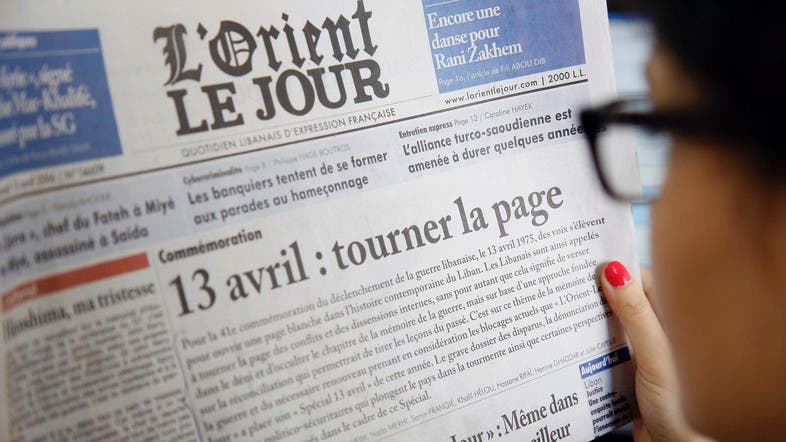
On Wednesday, the Lebanese people
marked the anniversary of the start of the civil war that plunged their
country into violence and chaos for 15 years. More than 25 years since the conflict ended, however, the Lebanese people have yet to enjoy domestic tranquility.
The older generations who remember the war hope to never see such dark
days again, urging the nation’s youth to put their sectarian and
ideological differences aside. In Beirut, many buildings still bear the scars of the gunfire and
shelling that once ravaged the city known as the “Paris of the Middle
East”. Saeed Shams al-Din, a 58-year-old engineer who remembers the war, described the conflict as “one of the worst in history”.
The Lebanese people had borne the brunt of the civil war, Shams al-Din
told Anadolu Agency, going on to urge the nation’s youth to remain in
the country and strive to maintain peace.
Bassam Eitani, 51, told Anadolu Agency that the war had been “extremely
hard”, but added that the nation’s current circumstances were no less
difficult.
“The days of war were full of shelling, killing and death, but — even
under fire — the people had hope,” he said, going on to assert that the
country’s current economic difficulties were even harder to bear.
The Lebanese civil war lasted from Apr. 13, 1975 to Oct. 13, 1990. It
pitted Muslim groups against Christian ones and involved the Palestine
Liberation Organization and Israeli army, the latter of which invaded
the country in both 1978 and 1982.
The conflict also involved the Syrian army, which entered Lebanon in 1976 (where it remained until 2005).
The war left some 150,000 people dead, 300,000 injured and 17,000 others
missing. More than a million Lebanese fled the country as a result of
the conflict, which also caused an estimated $100 billion in material
damage.
In August of 1989, the Taif Accord was signed in Saudi Arabia, which eventually ended the conflict one year later.
By Hamza Tekin



